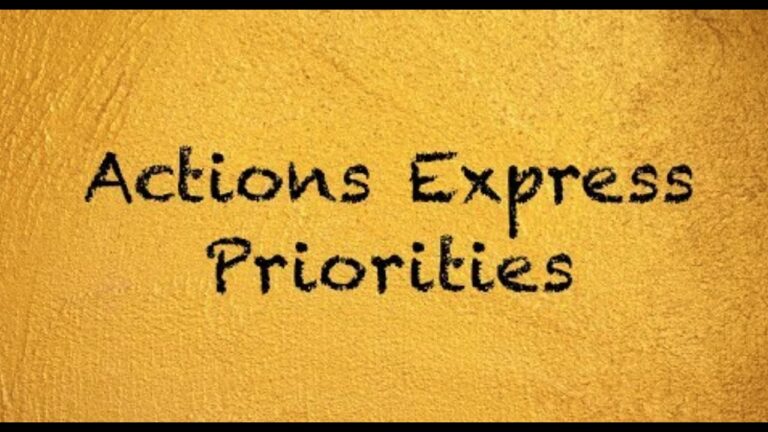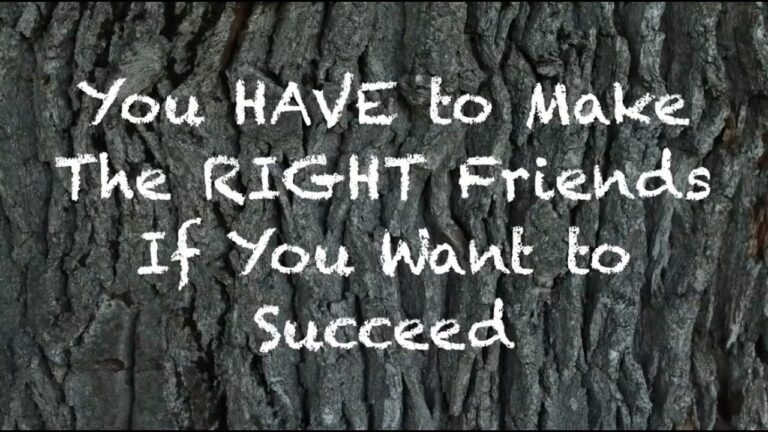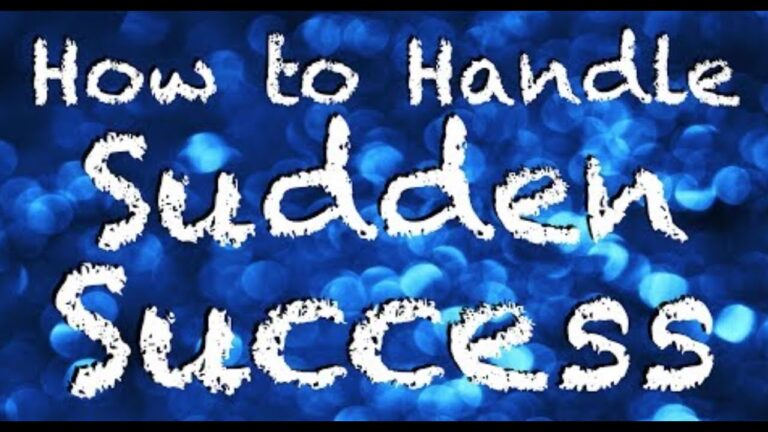When People Confuse Kindness With Weakness

Main Ideas
- 😡 People often confuse kindness with weakness, leading to cognitive dissonance when they see the stronger side of you.
- 🤝 “You just want to be kind to people. But at the same time, you don’t want them to confuse that kindness with weakness.”
- 😈 Machiavelli’s idea that it’s better to be feared than loved because people confuse kindness with weakness is thought-provoking.
- 😡 Kindness can be perceived as weakness, leading people to take advantage of you in a work environment.
- 😡 The director’s fear of not being liked led to a lack of discipline on set, causing delays and inefficiency.
- 👀 The importance of being kind but also showing assertiveness and willingness to take action when necessary.
- 😤 Perceiving kindness as weakness leads to laziness and lack of effort from others, which can be frustrating for leaders.
- 😈 Machiavelli’s idea that people will respect you if they fear you, not if they love you, is a controversial but interesting concept.
Kindness vs. Weakness: The Disparity Between Perception and Reality
It is a common occurrence for people to mistake kindness for weakness. When someone strives to be a decent and compassionate person, there are those who take advantage of their good nature. This frustrating and disruptive experience happens more often than one might think. The moment the stronger and more assertive side of a person emerges, those who previously perceived them as a nice individual suddenly see them in a completely different light. This discrepancy between perception and reality is known as cognitive dissonance.
The Challenge of Strong Personalities
Individuals with strong personalities often face this issue. They are not willing to tolerate any nonsense, yet they also possess a desire to be liked by others. In social situations, they tend to be accommodating and agreeable, but when their boundaries are crossed or their desires are disregarded, they unleash their assertive side. Unfortunately, this sudden change in behavior can lead to others no longer liking them.
The Two Approaches
There are two ways to handle this situation. One can choose to be assertive all the time, ensuring that there is no cognitive dissonance. This means that people will know from the start that they are dealing with someone who is not to be trifled with. Alternatively, if one’s nature is inclined towards kindness, it is important to occasionally display strength to avoid having kindness mistaken for weakness.
The Importance of Demonstrating Strength
It is crucial to show others in your environment that you are not easily taken advantage of. When faced with a situation where you need to stand up for yourself, do so firmly and, if necessary, aggressively. It is essential for the people around you to witness how you handle challenges and difficulties. They need to see that while you are kind to them, you are also capable of asserting yourself when the situation calls for it.
This approach serves a dual purpose. On one hand, others will see that you can be tough and resilient when necessary. They will gain respect for your ability to handle difficult situations. On the other hand, they will still view you as a kind person overall. This balance allows you to maintain integrity and avoid being taken advantage of.
Machiavelli’s Insights
Niccolò Machiavelli, the author of “The Prince,” contemplated whether it is better to be loved or feared. His conclusion was that it is better to be feared, as being loved can often be mistaken for weakness. Machiavelli’s insight holds true in many situations, as kindness can inadvertently invite challenges from others. People may challenge your position simply because they perceive your kindness as a sign of weakness.
Challenges in the Workplace
One area where this phenomenon is particularly prevalent is in the workplace. When kindness is mistaken for weakness, it can lead to inefficiencies and exploitation. Employees may take advantage of a kind and easy-going leader, resulting in delays and subpar performance. However, when a leader establishes themselves as someone who is not to be trifled with, the work gets done more efficiently and effectively.
The Desire to be Liked
It is only natural to want to be liked by others, especially in a work environment where interactions consume most of our waking hours. However, when people perceive you as being too kind, they may not take you seriously or respect your authority. Striking a balance between being kind and assertive is crucial in maintaining professional relationships.
Personal Experience
Reflecting on personal experiences, it becomes evident that being tough and establishing boundaries from the start yields better outcomes. In the context of directing a film, for example, being overly kind to a makeup artist resulted in delays and frustration. However, being firm with the grip and lighting departments, who initially perceived me as strict, led to better performance and cooperation.
Ultimately, I had to fire the makeup artist and her team, replacing them with a new team who understood the standards and expectations. This incident highlighted the importance of showing my assertive side and the consequences of being overly kind, especially in a professional setting.
The Universal Nature of Human Behavior
Throughout history, across different cultures and time periods, human behavior has remained consistent. When faced with kindness, people often mistake it for weakness and take advantage of it. This unfortunate reality can be frustrating for leaders and individuals in positions of authority who desire to be kind.
While it is natural to aspire to be well-liked, Machiavelli’s insight reminds us that respect can often be more valuable. Striking a balance between kindness and assertiveness can help establish boundaries and ensure that one’s kindness is not perceived as a weakness.
Conclusion
In conclusion, the confusion between kindness and weakness is a common occurrence. People often misinterpret kind individuals as easy targets for exploitation. Striking a balance between kindness and assertiveness is essential in maintaining one’s integrity and avoiding being taken advantage of.
Machiavelli’s wisdom still holds true today, reminding us that being respected through assertiveness can yield better outcomes than being loved and perceived as weak. While it may be challenging to navigate the delicate balance between kindness and assertiveness, understanding the potential pitfalls can help individuals in positions of authority establish themselves effectively.






